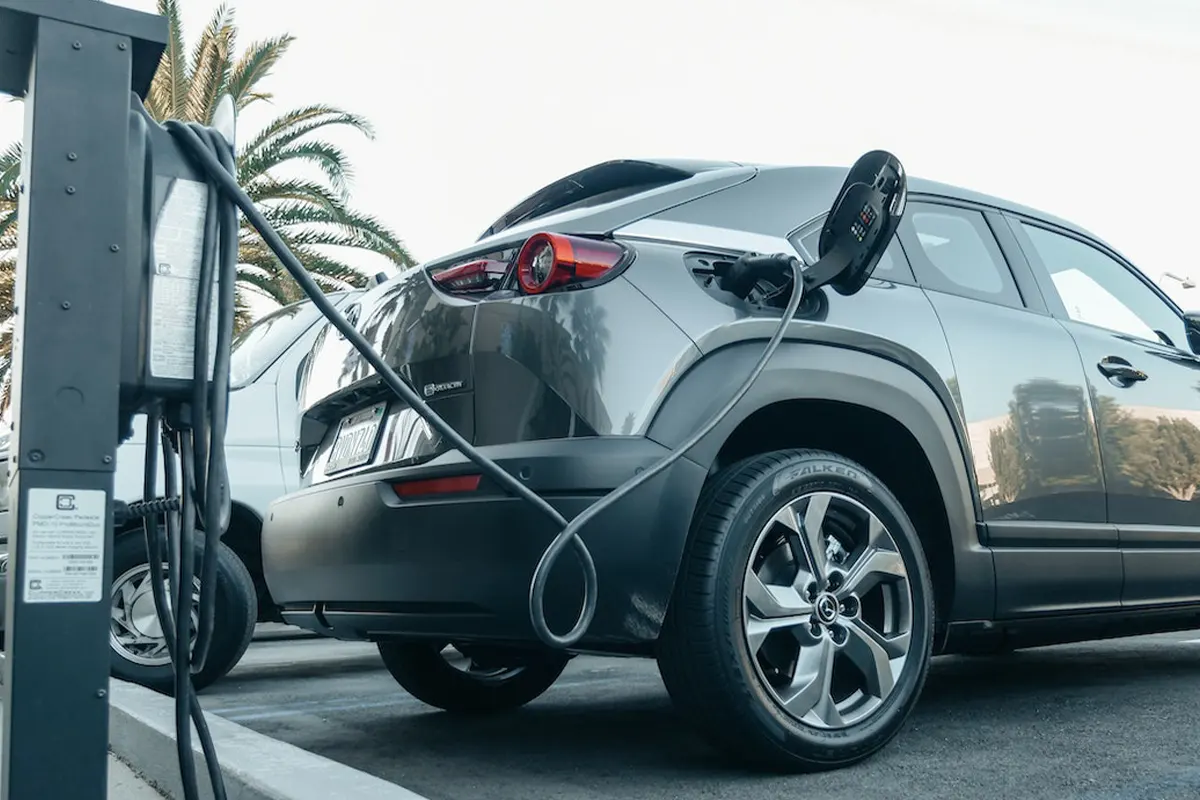Electric vehicles (EVs) have gained significant attention in recent years as a potential solution to reduce oil consumption and combat climate change. We analyzed the impact of electric vehicles on the oil market from a financial analyst’s perspective.
The rise of EVs has sparked a global shift towards cleaner and more sustainable transportation. With their ability to run on electricity instead of fossil fuels, EVs have the potential to significantly reduce oil consumption and dependence. However, the extent to which EVs can achieve this goal depends on various factors, including technological advancements, infrastructure development, and consumer adoption.
The success of EVs in reducing oil consumption hinges on continuous technological advancements. Improvements in battery technology, such as increased energy density and reduced costs, are crucial for enhancing the range and affordability of EVs. Additionally, advancements in charging infrastructure, including faster charging times and increased accessibility, are necessary to alleviate range anxiety and encourage widespread adoption.
The availability of charging infrastructure is a key determinant of EV adoption. Governments and private entities need to invest in the development of a robust charging network to support the growing number of EVs on the road. This includes the installation of public charging stations in urban areas, along highways, and in residential complexes. Furthermore, the integration of smart grid technologies can optimize charging patterns and manage electricity demand effectively.
Consumer Perspective on Electric Vehicles
While the benefits of EVs are evident, consumer adoption remains a critical factor in reducing oil consumption. Factors such as vehicle cost, driving range, charging convenience, and perceived reliability influence consumer decisions. Government incentives, such as tax credits and subsidies, can play a significant role in promoting EV adoption. Additionally, raising awareness about the environmental benefits of EVs and dispelling common misconceptions can help overcome consumer resistance.
Oil Industry Comment on Electric Vehicles
The widespread adoption of EVs could have profound implications for the oil industry. As EVs gain market share, the demand for gasoline and diesel is likely to decline, leading to reduced oil consumption. This could result in lower oil prices and impact the profitability of oil companies. However, it is important to note that the oil industry is highly diversified, with oil being used not only for transportation but also for various other sectors such as petrochemicals and power generation. Therefore, the impact on the oil industry may vary depending on the specific sector.
While EVs hold promise, they also face several challenges and limitations. The limited driving range of early EV models and the time required for recharging have been cited as barriers to adoption. However, advancements in battery technology and the expansion of charging infrastructure are addressing these concerns. Additionally, the environmental impact of EVs depends on the source of electricity generation. If the electricity used to charge EVs is derived from fossil fuels, the overall emissions reduction may be limited.
Should I Invest in Electric Vehicles?
In conclusion, electric vehicles have the potential to significantly reduce oil consumption and contribute to a more sustainable future. Technological advancements, infrastructure development, and consumer adoption are key factors that will determine the success of EVs in achieving this goal. While challenges and limitations exist, the continuous improvement of EV technology and the support of governments and industry stakeholders are driving the transition towards a cleaner and greener transportation sector. As a financial analyst, it is important to monitor these developments and assess the implications for the oil industry and investment opportunities in the evolving energy landscape.

